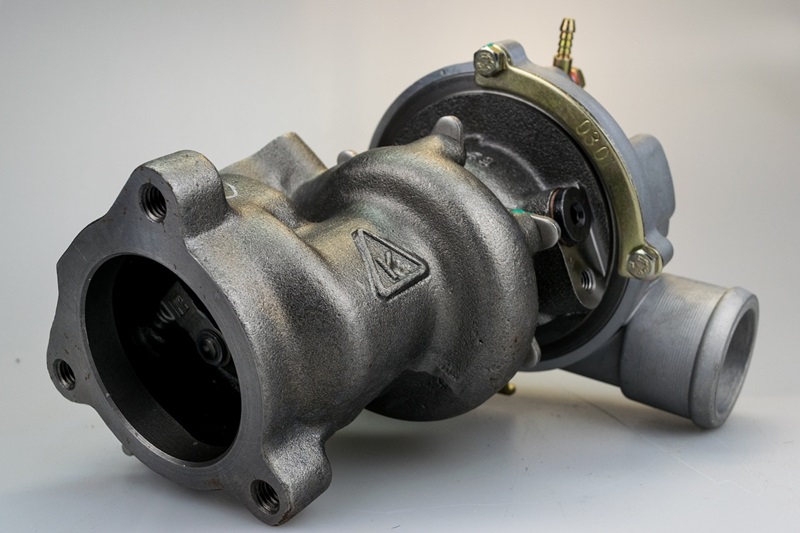Introduction Ever found yourself startled by an unpleasant water inversion fit to ruin the tranquility of your home? Whilst the odd gurgle ...
Introduction
Ever found yourself startled by an unpleasant water inversion fit to ruin the tranquility of your home? Whilst the odd gurgle in your sink may appear to be a minor annoyance, could it actually be the harbinger of an oncoming sewage issue? Might it catch you off guard on a peaceful Sunday morning? Yes, we are talking about the dreaded blocked drains glen iris. A persistent nightmare for homeowners and a possible threat to the hygiene and functionality of your cherished spaces. Throughout this article, we will take a comprehensive look at what it really means to have blocked drains glen iris and, more importantly, how you can tackle them effectively.
blocked drains not only are an unsightly blight but they pose a severe health hazard and if not dealt with promptly, can cause significant damage to your property. Understanding what causes blocked drains glen iris, recognizing the early signs, knowing when to call in professional help, and even how to prevent them altogether, could save you not only money but a significant level of distress.
So, are you ready to dive deep into the underworld of your home's sewage system and emerge victorious over any blockage that may dare impede its smooth operation? Read on to unravel the culprits behind this menace, recognizing its signs and symptoms, and round it off with a game plan to tackle these subterranean intruders effectively.
The What and Why of Sewer Blockages
From an innocuous-looking wad of bathroom tissue to invasive tree roots, deciphering what causes sewer blockages can run the gamut of the mundane to the extraordinary. Throw in a few more villains like congealed fats, oils, and grease, along with copious amounts of hair; these are the culprits often implicated in your home’s sewer woes.
Unfortunately, the signs of a blocked sewer aren't as overt as one might wish. You might be inclined to overlook a slow-draining sink or bathtub, or write off recurrent toilet overflows as an unusual, yet harmless anomaly. But when combined with other signs like a foul odor permeating your home and gurgling sounds from your drains, they hint at a problem that might be simmering underground.
Equally important is understanding why the blockages occur. Your sewer system is designed to handle only the outflow from household use, intermittent abuse in the form of non-degradable substances and inappropriate waste quickly turns into a blockage.
Dealing with the Aftermath
A blocked sewer isn't something you can ignore, hoping it will resolve on its own. Being proactive about its resolution is essential once the early indicators have been identified. This might entail trying your hands at home remedies or DIY tricks using common household items such as vinegar, baking soda, or a classic plunger to dislodge minor clogs.
However, for severe blockages or those deeply entrenched, it's prudent to seek professional intervention. A certified plumber has the knowledge and the right tools, including motorized drain snakes, high-pressure water jetting, and even inspection cameras to tackle the problem head-on.
It's noteworthy that despite the discomfort, it causes, a blocked sewer can be prevented with regular cleaning and maintenance practices and by keeping an eye on what goes down the drain.
A Stitch in Time: Prevention Over Cure
Prevention is undeniably better than dealing with a problem as intrusive and potentially damaging as a blocked sewer. Simple steps such as using drain grates to prevent debris from entering the pipes, not disposing of cooking oils in the kitchen sink, and sticking to strictly biodegradable items for flushing, are practical and potent preventive measures.
Periodic professional check-ups and drain cleaning should also be made a part of your preventive strategies. Such preemptive action includes timely cutting of intruding tree roots and reducing the load on the sewer system with efficient water use.
A conscientious approach towards what enters your sewer system is the surest way to prevent unwelcome blockages.
Weighing up the Pros and Cons
While DIY methods offer a quick, economical solution to minor blockages, they do come with limitations. Not all blockages are created equal, and therefore your success varies with different methods. Additionally, improperly handled tools can cause more harm than good unto your sewer system.
On the other hand, professional services, though costlier, offer comprehensive solutions and often include warranty-backed services. Their expertise ensures that mishandling and untreated issues are less likely to escalate into bigger problems.
Conclusion
blocked drains glen iris, albeit a common issue faced by homeowners, can be daunting and unpleasant. However, appropriate knowledge about their causes, early recognition of signs, and prompt action can make the process significantly less intimidating.
A balance between DIY methods and professional services, combined with regular maintenance and thoughtful use of the sewer system can ward off potential blockages. Remember, a happy house is one where the necessities flow seamlessly - and a well-maintained sewer system plays an integral role in preserving that balance.













